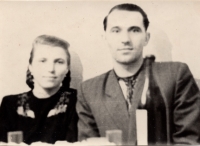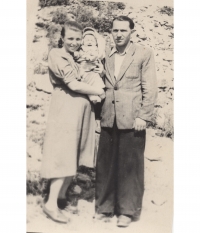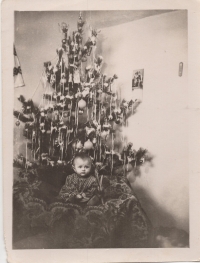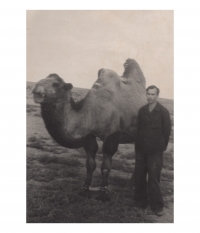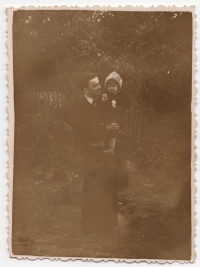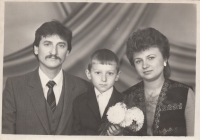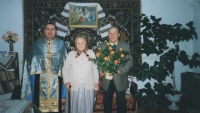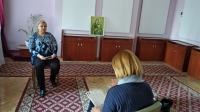„We remain here - as continuation of our parents, a continuation of their history, their memory“

Stáhnout obrázek
Yuliya Ivanivna Nykolyn was born on April 14, 1957, in the city of Baley - Chita region, Russian Federation. Yuliya‘s parents, Ivan Stets and Paraskeviya Stets (Dzibchak), were active participants in the Ukrainian liberation movement. Both the father‘s and mother‘s families were repressed and deported to special settlements. Paraskeviya‘s mother was sentenced in 1945 to 10 years in prison. She served her sentence in three concentration camps - Arelyuk, Antibez, Kangir. Ivan and Paraskeviya met at a special settlement, where they got married and returned home in 1958 after the birth of their daughter, Yulia. For Yuliya, the stigma of birthplace in special settlements and parents as „enemies of the people“ lasted a lifetime. In the early 1990s, Yuliya was one of the founders of the Ternopil Regional Society of Children of Political Prisoners and Repressed, she is retired now, continuing her public activities.
